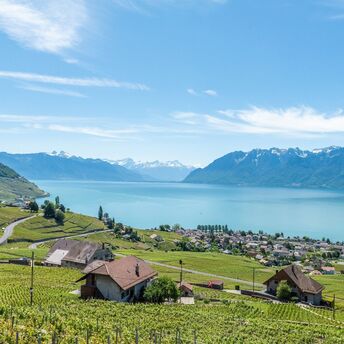Indigenous Tourism: A Growing Force for Cultural Preservation and Global Travel

The World Travel & Tourism Council predicts that Indigenous tourism will add sixty-seven billion U.S. dollars to the worldwide economic landscape by 2034. This emerging sector is becoming a critical part of tourism, especially in distant areas, where it provides a sustainable financial foundation for Indigenous populations while protecting their cultural heritage. These travel opportunities allow visitors to experience Indigenous traditions, languages, and heritage, creating an environment that promotes respect and cross-cultural appreciation.
For travelers, the rise of Indigenous tourism presents a chance to engage in more meaningful travel experiences. Visitors can dive into the deep histories of Indigenous communities, exploring their unique customs and beliefs. This trend is becoming increasingly important in countries like Australia, Canada, and Panama, where Indigenous tourism efforts have been vital in safeguarding traditional legacy while also boosting economic prosperity in these regions.
Those eager to explore Indigenous tourism can discover a variety of destinations. In Australia, for example, tourists can immerse themselves in Aboriginal culture through initiatives like "Camping with Custodians," where visitors stay at campgrounds operated by local Indigenous communities. Western Australia, in particular, has positioned itself as a key destination for these experiences, offering women-only programs and many Aboriginal-guided tours across the state. In Canada, visitors can explore Indigenous tourism hubs in provinces such as British Columbia and Alberta, where Indigenous-led businesses offer cultural tours, workshops, and authentic experiences.
The Guna Yala region of Panama is another exceptional location for those seeking Indigenous tourism. The Guna people have built a self-sustained economy with tourism at its core, where visitors can explore island adventures, witness cultural displays, and stay in traditional Guna accommodations. These tourism offerings provide an intimate way to discover the region’s cultural history while contributing to the local economy.
As Indigenous tourism grows in popularity, it brings numerous advantages to travelers. One of the main benefits is the chance to engage in responsible tourism, where spending supports the preservation of Indigenous cultures and provides direct benefits to local communities. This style of travel offers a richer, more authentic experience that transcends the usual tourist attractions.
As the demand for more responsible and immersive travel increases, Indigenous tourism is expected to take on a bigger role in shaping the travel industry. For those looking to explore diverse cultures, Indigenous tourism provides an opportunity to do so in a way that respects and preserves age-old traditions while promoting economic development in regions that rely on tourism.



















